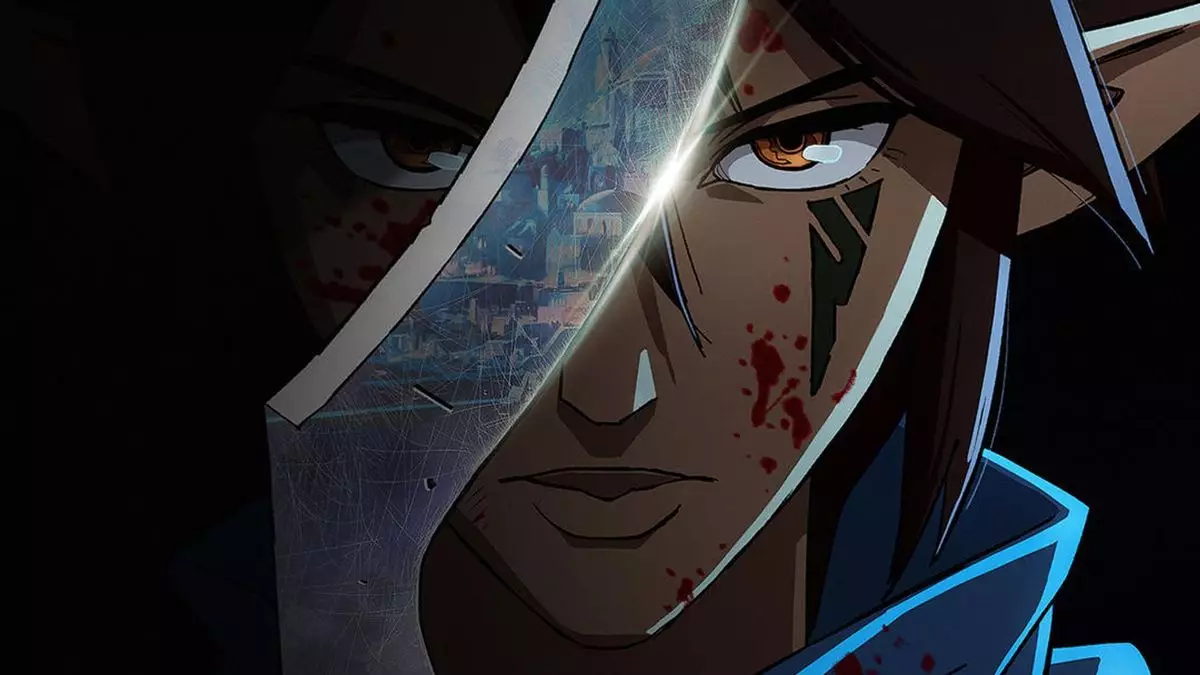The world of Dragon Age has captivated players and audiences alike for over a decade, with its intricate narratives and richly developed lore. As excitement builds for the upcoming title, *Dragon Age: The Veilguard*, questions arise about the future of related media, particularly the Netflix animated series, *Dragon Age: Absolution*. Creative director John Epler expressed a desire to bring resolution to the storylines initiated in the series, yet he cautioned that fans should not expect immediate developments. This sentiment highlights the complex landscape of intellectual property rights that governs the creative output of franchises, especially in collaborative media partnerships.
Epler’s remarks underscore the difficulties faced when attempting to bridge the gap between different forms of media. “I can’t get into too many details because it’s a Netflix thing, which makes the rights complicated,” he stated. This encapsulates a common scenario where creative teams may have the inclination to expand narratives but find themselves limited by contractual obligations and ownership issues. The streaming platform’s involvement serves as a double-edged sword; while it offers platforms for creativity, it also introduces bureaucracy that can stifle momentum for continuations and expansions of stories.
*Dragon Age: Absolution*, released in December 2022, aimed to explore the franchise’s rich tapestry through animation. With one full season available, it received positive reviews from fans and critics alike, sparking curiosity about a possible second season. Yet, the calls for further installments or resolutions remain unanswered. Epler’s cautious optimism provides some encouragement but also casts a shadow of uncertainty over the project’s future, leading to a vacuum of expectations that could either nurture hope or build disappointment among fans.
The idea of transitioning from animated storytelling to live-action adaptations has proven divisive among creators. Notably, David Gaider, a co-creator of the franchise, voiced his skepticism about the effectiveness of such endeavors. His assertion that “it would be a terrible idea” reflects a broader concern within fan communities regarding the authenticity of adaptations. In an era where well-executed adaptations have gained acclaim—like *The Witcher* and *Fallout*—the damning feedback from Gaider raises questions about the integrity of preserving the original essence of beloved narratives. Such perspectives serve as critical reminders that successful adaptations require not just a strong budget but also a genuine understanding of the source material.
As the gaming world eagerly anticipates *The Veilguard*, scheduled for release on October 31, the community is left to ponder the intricate dance between various media—and what stories remain to be told. Each medium, whether animated or interactive, plays a vital role in the cultural ecosystem of Dragon Age. While it is clear that the path forward is fraught with challenges, the potential for resolution and continuation of beloved characters and plots remains. As the fans await developments, the hope for a cohesive narrative across platforms ensures that the legacy of Dragon Age will continue to thrive, irrespective of the hurdles faced.

